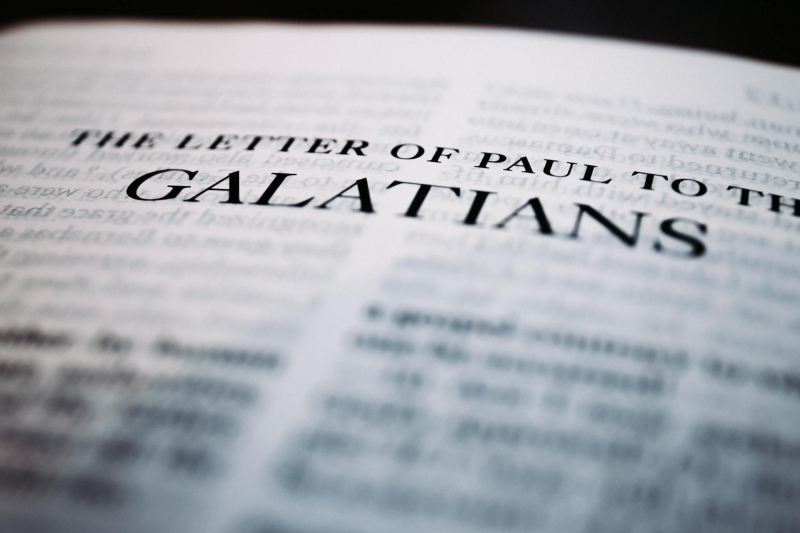Letter of Paul to the Galatians
the ninth book of the New Testament, Letter of Paul to the Galatians (also called Epistle of St. Paul the Apostle to the Galatians, abbreviation Galatians) was written by St. Paul. The letter is believed to be written to the Christian churches that were disturbed by a Judaizing faction. Although the exact date of composition is unknown, Paul most likely wrote the epistle from Ephesus to a church he had formed in Galatia, Asia Minor, during the years 53 and 54. The letter addresses the issues at hand in a direct and forceful manner. It is also the only epistle that ends without kindly ingress, thanksgiving, or personal greetings appended to the final blessings.
Paul's statements to the contrary were repudiated by the Judaizing members. They deny the legitimacy of his apostolic calling. In response, Paul vigorously asserted his credentials as a genuine apostle of Jesus Christ and in the process provided significant autobiographical information. In the letter, Paul reiterates his prior teaching that the Mosaic Law is no longer applicable and that, as a result, a return to Jewish customs would be regressive. Despite their newfound freedom, Christians nevertheless have a moral obligation to live in accordance with the Spirit of God, and they are not given a pass to sin.






